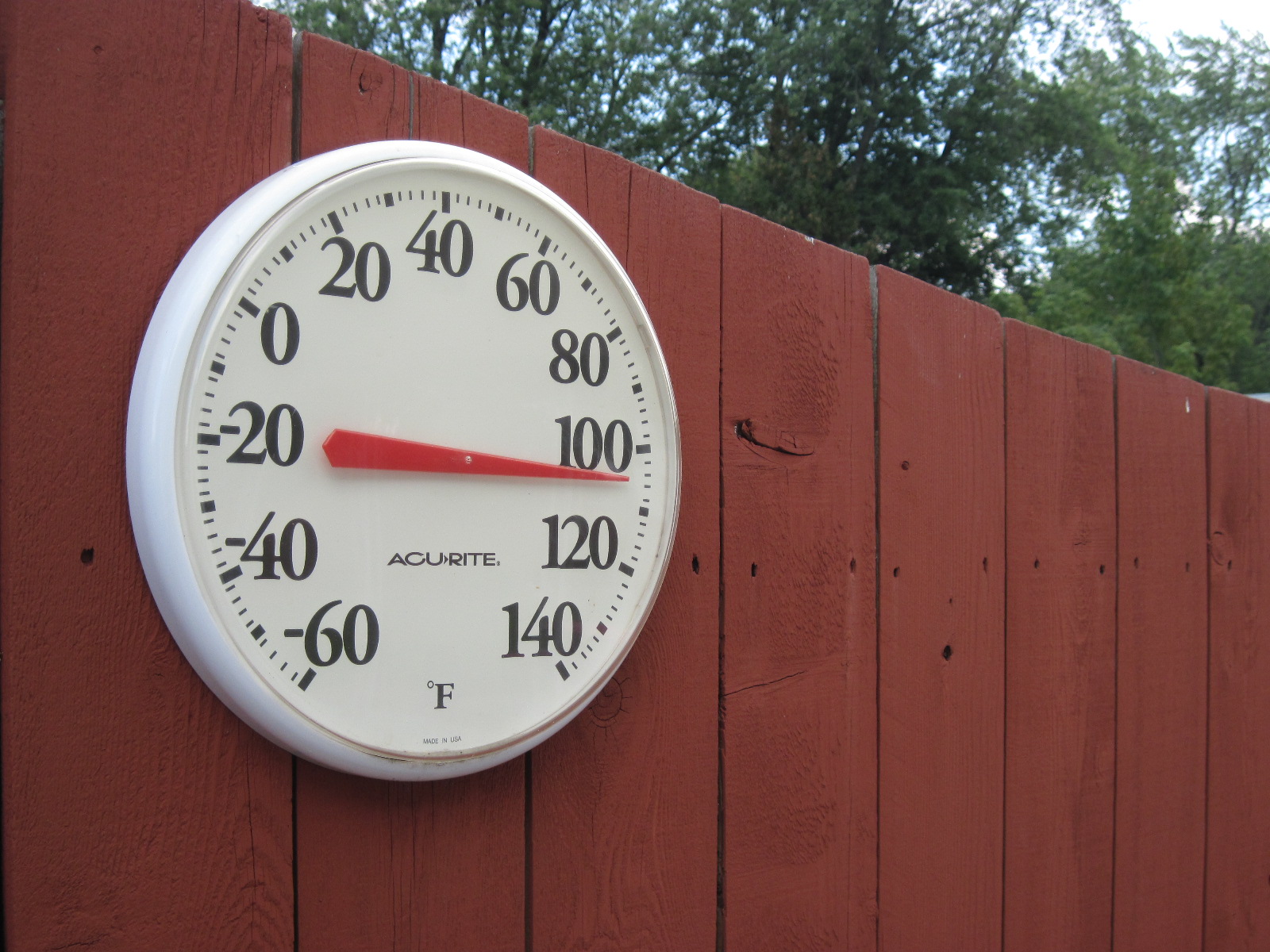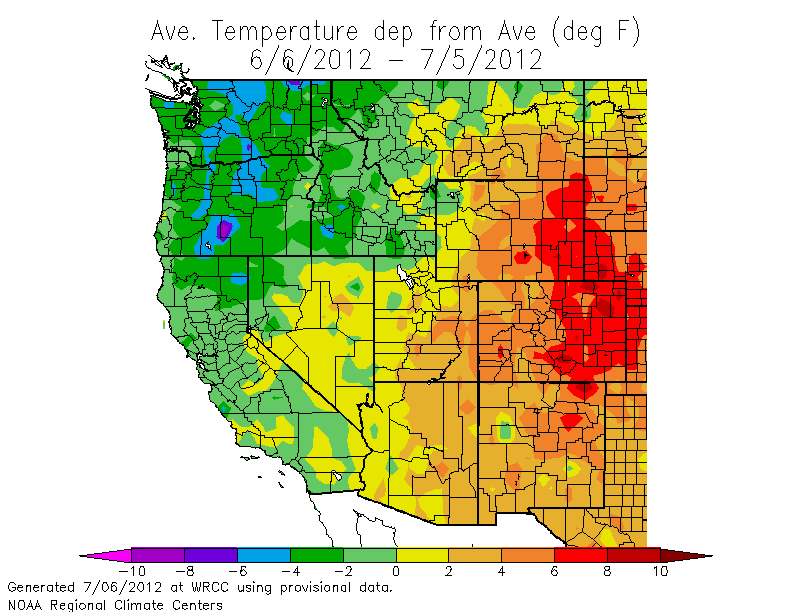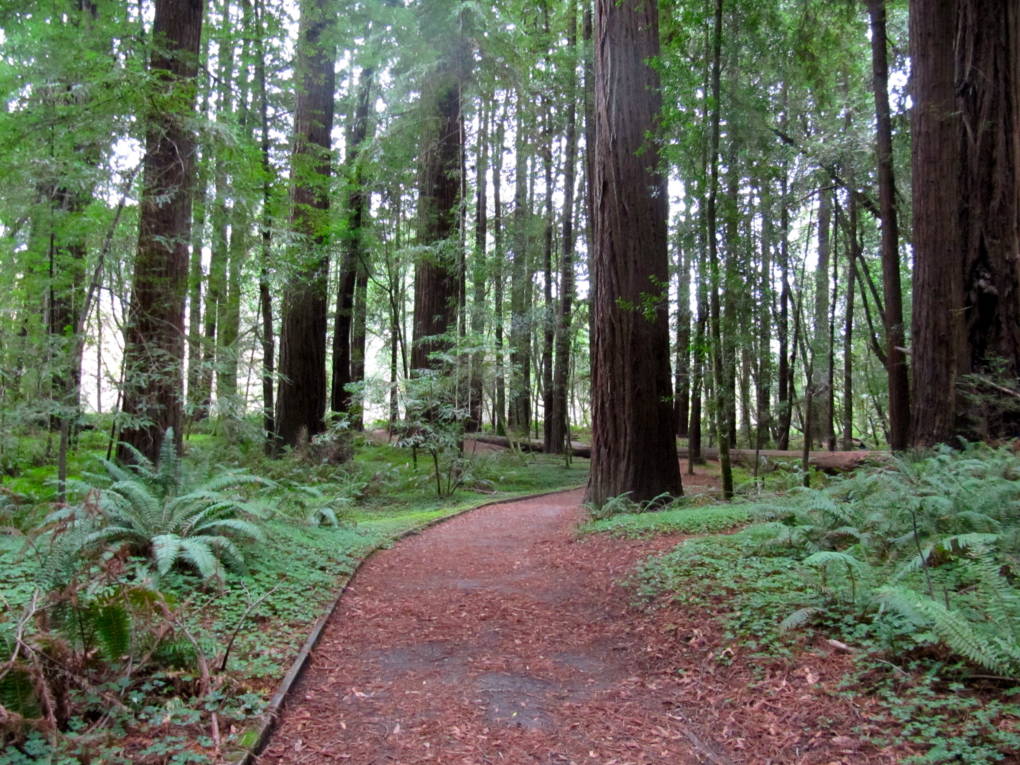As the rest of the country roasts, California has enjoyed a moderate summer

For more than a week, record-breaking temperatures have been baking the Midwest and East Coast. But while cities in other parts of the country broke and tied records for the hottest Fourth of July, in San Francisco I bundled-up in a couple sweaters and watched the fireworks through the fog. Which is typical. Overall, it’s been an average summer here in California, at least temperature-wise.
“At June around the state, most places were fairly close to normal, or a degree and a half below normal, so not any real extremes,” Jan Null, a meterologist with Golden Gate Weather Services, told me. “We’ve stayed in the mild, in-between area. It was not a particularly cold winter, and not a particularly hot summer.”

The jet stream moves high- and low-pressure systems around the world, like huge waves. In the summer, the pattern slows down. This summer, it’s stalled out completely, locking a high-pressure system over the eastern part of the U.S.
“Any time you have extremes, whether it be flooding or any other pattern, the atmosphere gets locked into a state of equilibrium,” Null said.
As long as that high pressure is parked in the East, a low-pressure system, with its lower temperatures, will stay locked in place on the West Coast.
“This isn’t unheard of or necessarily that unusual,” Kelly Redmond, a climatologist at the Western Regional Climate Center, said. “It’s not necessarily the case that the West Coast is obliged to go along with the rest of the country, just the way California is different in almost all of its features.”
The extreme heat in the rest of the country gives us clues into what scientists say climate change could bring. So what does that mean for California, and this — so far — mild summer?
“That has been an ongoing discussion in the state of California,” Redmond said. “The way it’s looking now, if the state were to warm up, the interior, let’s say I-5, would warm faster than Highway 101 or Highway 1.”
So for the coast, at least for the next few decades, this summer could be what climate change looks like, too.
“We’re going to end up some degrees warmer a few decades in the future, but how we get there, it may not be a straight line,” Redmond added. “Think of it like a play, like you’re watching a play in so many acts. Eventually you get to some kind of conclusion, but what makes it interesting is how you got there, the way it unwound. That’s what I find so interesting.”
2 thoughts on “Why Hasn’t California Been Hit With This Summer’s Extreme Heat?”
Comments are closed.


never been more grateful for the fog!
california is going to cool… if it does get warmer , i read an article that was un-biased and very interestig , it said the change in the jetstream and the ocean currents will make the california coast a little more warmer and the inland california a little more cooler … thats our regions global warming climate change, which is actually a good thing for us. if you live in california then thank the people for burning oil and creating what the rest say is bad , which is very good for us .